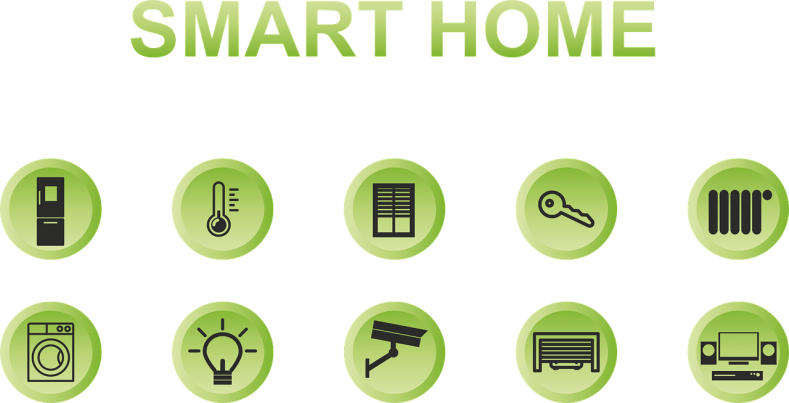Home network security: Do you really need it?

We may not realize it but it’s not just our phones that are smart. In an age of Internet of Things (IoT), there is a lot of hype and hoopla about the connected homes – a concept of houses which will be completely smart and connected. But what we often seem to forget that we already live in smart homes to a large extent.
Think about it. Most homes nowadays have devices that are connected to each other and the Internet. Your phones, laptops, desktops are all connected to a WiFi router and maybe, even your smart TV too. All of these devices are interacting with each other to the extent that you can cast things from your phone to the TV if they are on the same network.
The risks of a home network
While all of this sounds exciting, it is also important to realize that it brings its own risks. Enterprises aren’t the only ones who have to worry about cybersecurity, with the rise of such home networks, it’s extremely important that even homeowners care as much about securing their networks as they do about its physical security.
It’s important to be aware of the risks home networks can possess. Because individuals spent a majority of their time at home, they use the home networks to do a staggering amount of things online. E-commerce, paying bills, entertainment, social networking – you name it and it’s done on the network. That means there is a treasure trove of data out there which makes it a very appealing proposition for a cyber criminal.
If anyone gets access to the network, they will able to use this data for a variety of crimes. They can use it to conduct identity theft, use your financial credentials to steal your money or just cause havoc by bringing down your home network. In fact, they can even learn your personal habits and use them against you, say to plan a theft at your house when you are away.
Ensure that your home network security is much more secure by following a few simple tips:
- Wi-Fi passwords should be stronger – This is a no-brainer but again the most important. Most people changer their home WiFi passwords from the default one but keep it something simple which they can easily remember. Worse, they write it down somewhere to remember which can be disastrous if it falls in the wrong hands. Keep strong passwords for your WiFi and ensure you don’t share them with anyone.
- Router passwords should also be strong – This is not a no-brainer because this is something a lot of people don’t remember to do. Sure, keeping a strong WiFi password is good but even routers have their own login and password. Most of the times, people keep it as default as “admin” and “password”, something akin to inviting a cybercriminal with open hands to your door. Take the extra effort and put in a strong password for your router.
- Keep all devices on the network secure – The router may be secure but what about the devices that are using it to access the Internet. This includes your smartphones and laptops. Malicious software can easily affect one of these devices and then affect the entire network. Keep all your devices secure and updated.
- Use a firewall for your network – A firewall is an important step in keeping your network secure. Use one and keep it on the highest setting so that you are updated at any attempts at infiltration.
- Have a cybersecurity solution on all your devices – This goes without saying but in this age of cyberattacks, all your devices need to have a strong cybersecurity solution. Seqrite offers a range of solutions for laptops and mobiles for this very purpose.
No Comments, Be The First!